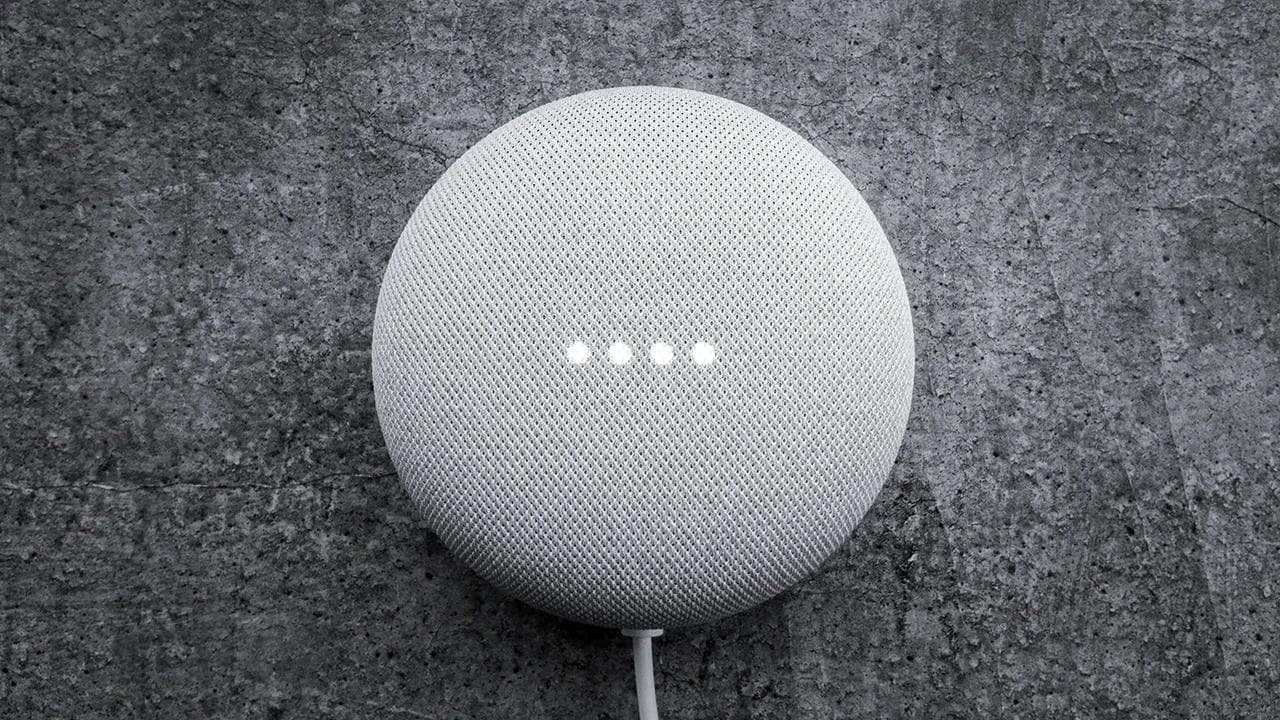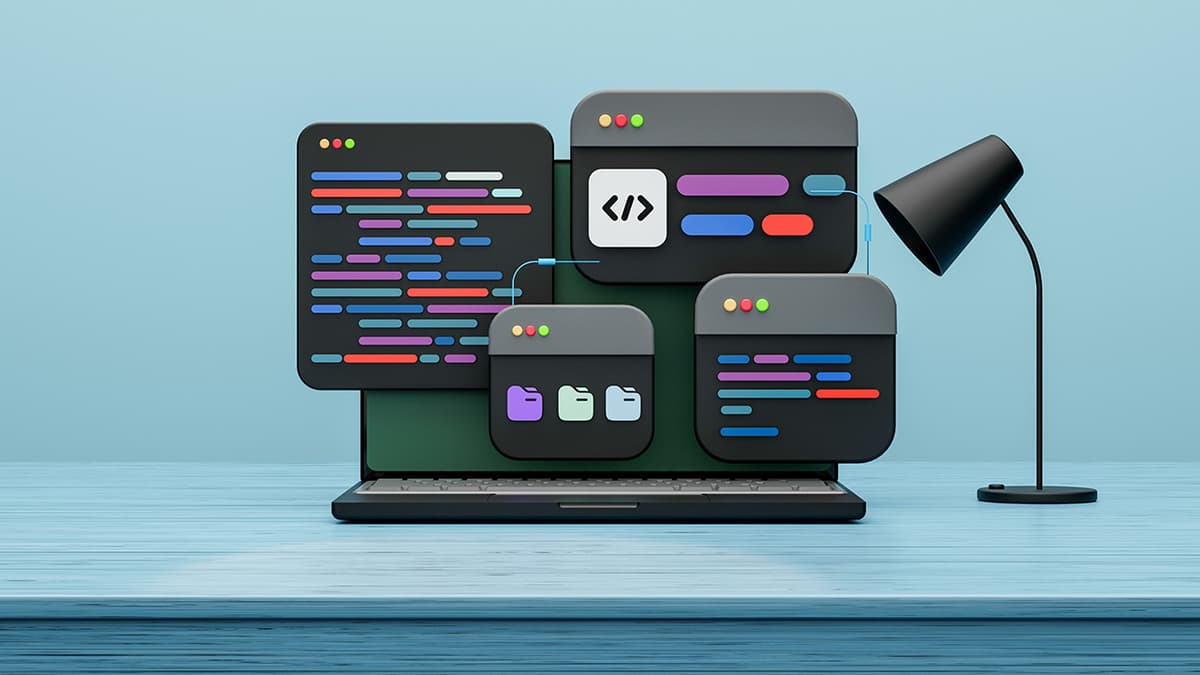Privacy Protection Rules in Smart Speakers
Smart speakers have become increasingly popular in recent years, offering users a convenient way to interact with virtual assistants like Amazon Alexa, Google Assistant, or Apple Siri. These devices are designed to listen to voice commands and provide helpful information or perform various tasks. However, concerns about privacy and data security have also arisen, prompting the need for robust privacy protection rules.
Constant Listening and Recording?
One common question people have is whether smart speakers constantly listen and record conversations. The short answer is no. Smart speakers are designed to listen for a specific wake word or phrase, such as "Alexa," "Hey Google," or "Hey Siri." They continuously monitor ambient sounds, but they don't record or transmit any audio until the wake word is detected. Once the wake word is recognized, the device starts recording and processing the voice command that follows.
How Does the Wake Up Word Work?
The wake word functionality is an essential aspect of smart speakers, as it determines when the device should start paying attention to user commands. The wake word detection happens locally on the device itself, using a combination of hardware and software algorithms. The device is constantly analyzing audio data from its microphones, looking for patterns that match the wake word.
When the wake word is detected, the device activates and starts recording the subsequent voice command. This recording is usually sent to the cloud for further processing and interpretation by the virtual assistant. It's important to note that only a limited portion of the audio is stored temporarily for analysis, usually a few seconds before and after the wake word. This helps improve speech recognition accuracy and allows the assistant to better understand the context of the command.
When Does It Listen and When Not to Listen?
Smart speakers have mechanisms in place to distinguish between genuine wake words and similar-sounding phrases or background noise that might trigger false activations. The wake word detection algorithm is designed to be sensitive enough to recognize the wake word accurately but also specific enough to filter out false positives.
While smart speakers are primarily designed to listen when the wake word is spoken, accidental activations can still occur. To prevent unintended recordings, most smart speakers include a physical mute button or switch that allows users to disable the microphones temporarily. When the microphones are muted, the device stops listening for any commands until the mute function is deactivated.
Privacy Protection Measures
To address privacy concerns, smart speaker manufacturers have implemented various measures to protect user data. These measures may include:
- Encryption: User data, including voice recordings, is encrypted when transmitted to the cloud for processing. This helps ensure that unauthorized parties cannot intercept or access the data.
- Anonymization: Personal identifying information is stripped from voice recordings to maintain user privacy. The recordings are typically associated with a unique identifier rather than a specific user's identity.
- Data Retention Policies: Smart speaker manufacturers have established policies regarding the retention of voice recordings. Companies like Amazon and Google allow users to review and delete their voice recordings manually or set automatic deletion after a certain period.
- Privacy Settings: Smart speakers often come with privacy settings that allow users to customize their level of data sharing. Users can choose to limit data collection or disable specific features that they are uncomfortable with.
- Third-Party Skills and Actions: Smart speakers may support third-party skills or actions that extend their functionality. When using these third-party services, it's essential to review their privacy policies and understand the data they collect.
It's important for users to familiarize themselves with the privacy settings and options available on their smart speakers. By understanding and configuring these settings appropriately, users can have more control over their privacy and data security.












